Vice-President Kashim Shettima on Thursday recalled how former President Goodluck Jonathan was dissuaded from removing sitting governors in Nigeria’s North-East at the height of Boko Haram insurgency in 2013, citing legal resistance from former Attorney-General of the Federation, Mohammed Bello Adoke (SAN).
Speaking at a book launch in Abuja, Shettima drew parallels between past and current presidential overreaches, subtly condemning President Bola Tinubu’s controversial removal of Rivers State Governor Siminalayi Fubara earlier this year.
Although he did not mention Fubara by name, Shettima’s comments appeared to take direct aim at the March 2025 ousting of the Rivers governor by President Tinubu, a move that was later controversially ratified by the National Assembly amidst widespread allegations of bribery and executive interference.
“I was once the target of such unconstitutional plots,” Shettima said at the launch of Adoke’s memoir. “President Jonathan floated the idea of removing this Borno governor—me—and it was Aminu Waziri Tambuwal, then Speaker of the House, who told him to his face: ‘You do not have the power to remove even an elected councillor.’”
He continued: “The president remained unconvinced and brought it up again at the Federal Executive Council meeting. But Mr Mohammed Adoke stood firm and told him, ‘You do not have the power to remove a sitting governor.’ They even sought a second opinion from another SAN in the cabinet, Kabiru Turaki, and he agreed with Adoke. That was how the matter was put to rest.”
The vice-president’s remarks, delivered in a pointed but diplomatic tone, highlighted his disdain for what he called “extra-constitutional manoeuvres” and raised fresh questions about the legality and political implications of Fubara’s removal—a development that has since sparked national outrage and legal uncertainty.
While Mr Shettima stopped short of explicitly opposing the Tinubu administration’s decision, his remarks are being widely interpreted as a veiled criticism, especially given the tense dynamics within the ruling All Progressives Congress (APC). Analysts note that Shettima has kept a conspicuous silence on the matter until now.
Insiders say relations between the president and his deputy have grown increasingly strained in recent months. Last month, Shettima was reportedly sidelined during an APC high-level meeting where Tinubu was endorsed for a second term in 2027—without a similar endorsement for Shettima as his running mate, breaking with established party tradition.
Thursday’s remarks, coming from the second-highest office in the country, could further deepen internal fractures within the presidency and the ruling party. A spokesman for the presidency did not respond to requests for comment as of press time.
“I want to thank you [Adoke] for the courage to forgive those who wronged you,” Shettima added at the event. “During Jonathan’s last four years in office, I was the public enemy number one.”
Mr Shettima’s carefully worded speech may mark a turning point in the ongoing national debate about the limits of executive power in Nigeria’s democracy—and could signal growing dissent within Tinubu’s inner political circle over what critics say is an increasingly autocratic style of leadership.
Do you want to share a story with us? Do you want to advertise with us? Do you need publicity for a product, service, or event? Contact us on WhatsApp +2348183319097 Email: platformtimes@gmail.com
We are committed to impactful investigative journalism for human interest and social justice. Your donation will help us tell more stories. Kindly donate any amount HERE



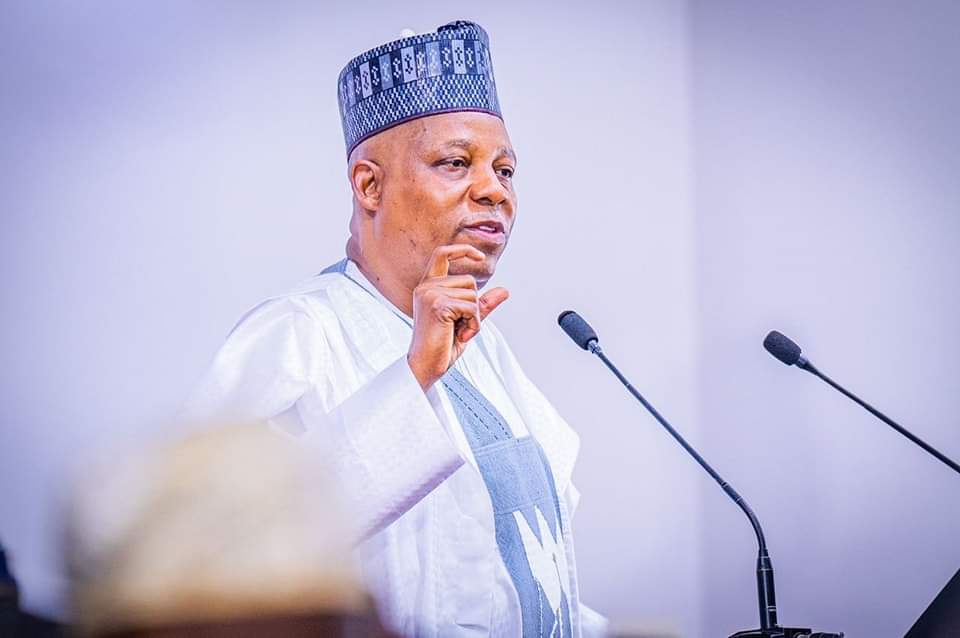






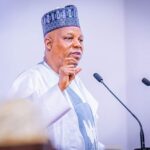
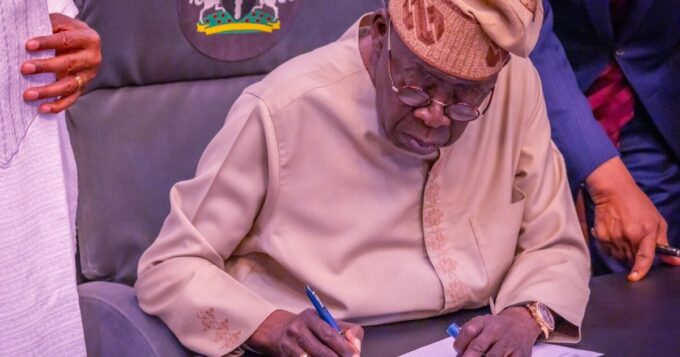


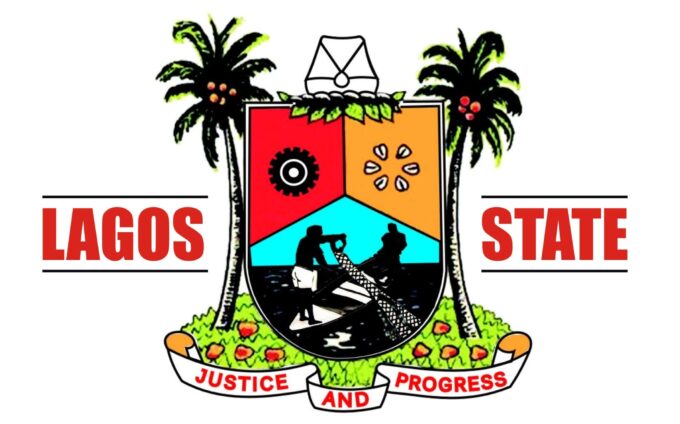
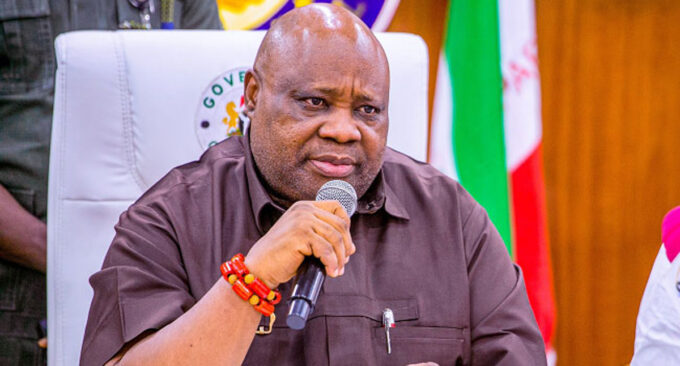

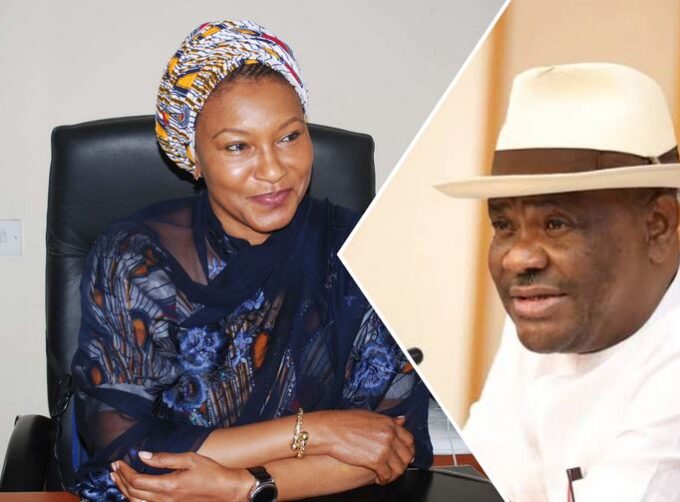




Leave a comment